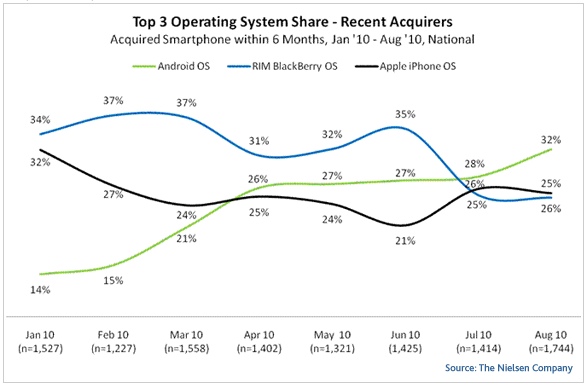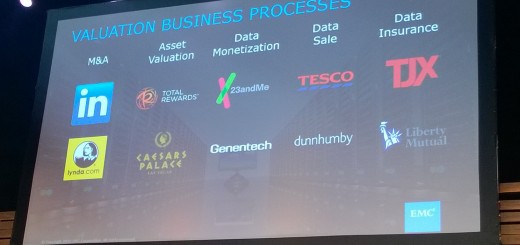 European Parliament’s Internal market and consumer protection committee has adopted this week (8th Nov 2010) a report on the impact of advertising on consumer behaviour by French MEP Philippe Juvin.The report focuses on intrusive new advertising techniques that have arrived with online social networks, forums and blogs.
European Parliament’s Internal market and consumer protection committee has adopted this week (8th Nov 2010) a report on the impact of advertising on consumer behaviour by French MEP Philippe Juvin.The report focuses on intrusive new advertising techniques that have arrived with online social networks, forums and blogs.
Even if the current EU legislation (2005) battles against aggressive and misleading advertising, it does not cover fully the new online advertising practices, such as abuse of data privacy by targeting individual’s interests or community managers who pretend to be consumers and leave comments and information in the forums. These practices should be controlled by the message board monitors and require “behavioural advertisement” warnings, says the Internal Market committee. Consumers must receive clear, accessible and comprehensive information about how their data are collected and used. This private information cannot be used without consumers’ opt-in.
Data privacy and ads tailored to individuals
Law makers want to prohibit certain intrusive practices, such as:
- “Robots” on Google’s Gmail service that are able to scan private emails for keywords to automatically generate targeted advertisements.
- Practices that tailor advertising to individual consumers’ needs involving retrieval of information from social networking sites such as Facebook and “geolocation” services via mobile phones connected to the Internet.
The report states that these practices constitute “an attack on the protection of privacy when it involves tracking individuals”, e.g. with cookies or profiling.
“Behavioural ad” warning and data collection
Lawmakers also suggest implementation of “the clearly readable words ‘behavioural advertisement’ into the relevant online advertisements along with a window containing a basic explanation of this practice” e.g. posts from advertisers posing as consumers on Internet forums.
The report also demands the Europe Commission and Member States “to ensure that different levels of data collection are kept wholly separate” and stresses that consumers must be well informed on how their data is been used and what it is used for. This information should be kept and used “only by explicit agreement by the consumer”.
Hidden advertising
The current EU legislation does not cover yet the development of “hidden” internet advertising, which happens in forums where consumers post comments to one another about products or services. This may not only mislead consumers, but can also ruin a company’s brand image with one click. An example would be TripAdvisor, which received complaints from hotels and restaurants accusing the company of many users’ defamatory comments.
According to the report, Member States should “encourage the emergence of forum observers/moderators who are alert to the dangers of hidden advertising”.
Transparency and education
The Commission is asked to develop an EU web site labelling system, modelled on the European Privacy Seal, that certifies a site’s standard of data protection. To monitor and control the websites, the report suggests the use of EU-wide simultaneous web site “sweeps” carried out by Member States. To protect and educate “vulnerable consumers such as children”, the lawmakers urge EU commission to develop an EU advertising literacy programme modelled on the UK’s “Media Smart” initiative and create information campaigns to warn consumers of “hidden” forms of advertising.
If this new legislation goes through, CRM and data collection through Social Media will surely become more complicated. What will happen to Facebook and its huge database it sells to the world, targetted advertising based on key words, cookies and consumers interests, LBS, Facebook Deals@Places, etc…? Who draws the line between customer service in forums and “hidden advertisements”?
The report was approved in committee with 30 votes in favour, 1 against and 2 abstentions. The plenary vote will take place in December.
Note: The report has been plenary approved in December.








It sounds like they are targeting a very wide range of activities. Posting comments as a consumer and privacy concerns seem pretty unrelated. What will happen?
I think that once the genie out of the bottle, you can’t get it back in. People are going to want to share their opinions about products and read other’s opinions. that can’t be stopped.
Yes, true…but they do not want to stop consumers commenting products, but what they want to achieve with the new legislation is to avoid hidden advertising and brands’ comments that are obviously not objective. Usually a community manager who pretends to be a consumer is already easily spotted by the fellow forum members, however there are certain brands that have left a misleading negative comment about their competitors.
Positive comments by brands are very easy to spot, however to spot false negative ones companies need monitors’ help.
Consumers that believe the false review will avoid buying the product or visiting the restaurant. They also might believe the positive comment and buy a bad product based on misleading information.
That sounds really difficult to me. Even if companies setup some sort of monitor, how would the gov’t monitor their failures? And, even if they do find mistakes by the monitors, what would be the punishment?
How do they show the difference between lack of monitors, lazy monitors, bad monitors, and criminal monitors? How do we setup an incentive to get businesses to monitor properly?
This sounds like a very big and expensive project.
It’s not the companies who monitor this, the report asks support from the Member States, e.g. doing a EU-wide simultaneous web site “sweeps” and implementing the “behavioural ad” warning. They want to encourage for example forum monitors (who are independent) to control their sites and advert if they see any misuse. Motivation for them is the quality of the reviews and content e.g. consumer review site Ciao.
It is a long project, but consumers will be legally protected. It means that they can put you in court if they believe their rights have not been taken in account. Also companies, they cannot demand forum monitors currently to take off any negative comments. Even if they know it has not been done by a real client.
What will be difficult to see is where the line will go. What is classified as abusive and what not. What kind of online ads and targeting companies will be able to do legally etc.